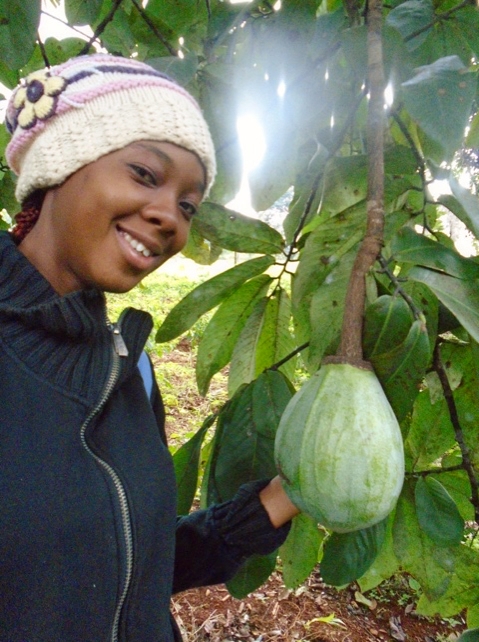Irvingia gabonensis (Aubry-Lecomte ex O’Rorke) also known as bush mango is a non-timber forest product preserved on farms due to its economic value and importance in the diet of local populations which later leads to over-exploitation of the resources. Nowadays, the specie is scarce and the population do not have any fast regeneration techniques.
The local people don’t know how to domesticate this species and rely solely on supplies from the limited stock in Deng Deng National Park. These communities open pathways/routes through the forest to get to the species and these routes are unfortunately used to facilitate the task for poachers to get deeper into the park to kill wildlife at night. This situati on is exacerbating conflicts between the park management and surrounding communities who have become very hostile to conservation interventions because they don’t see the benefits of such interventions. To solve this conservation conflict, we propose to train these local communities on ways of domesticating I gobanensis to reduce encroachment on the National Park.
Our project seeks to reduce local community encroachment on the Deng Deng National Park in Cameroon, an area home to several Critically Endangered species e.g., western lowland gorilla (Gorilla gorilla gorilla), the Central African chimpanzees (Pan troglodytes), and the giant pangolin (Smutsia gigantea). We will engage local communities in a constructive dialogue for a change in behaviour and train them on propagating an improved variety of a high-value indigenous fruit tree for enhanced livelihoods. The project will lead to a win-win situation by reducing poaching within the National Park and improving nutrient deficiencies in the surrounding population.
This award was supported by JRS Biodiversity.
